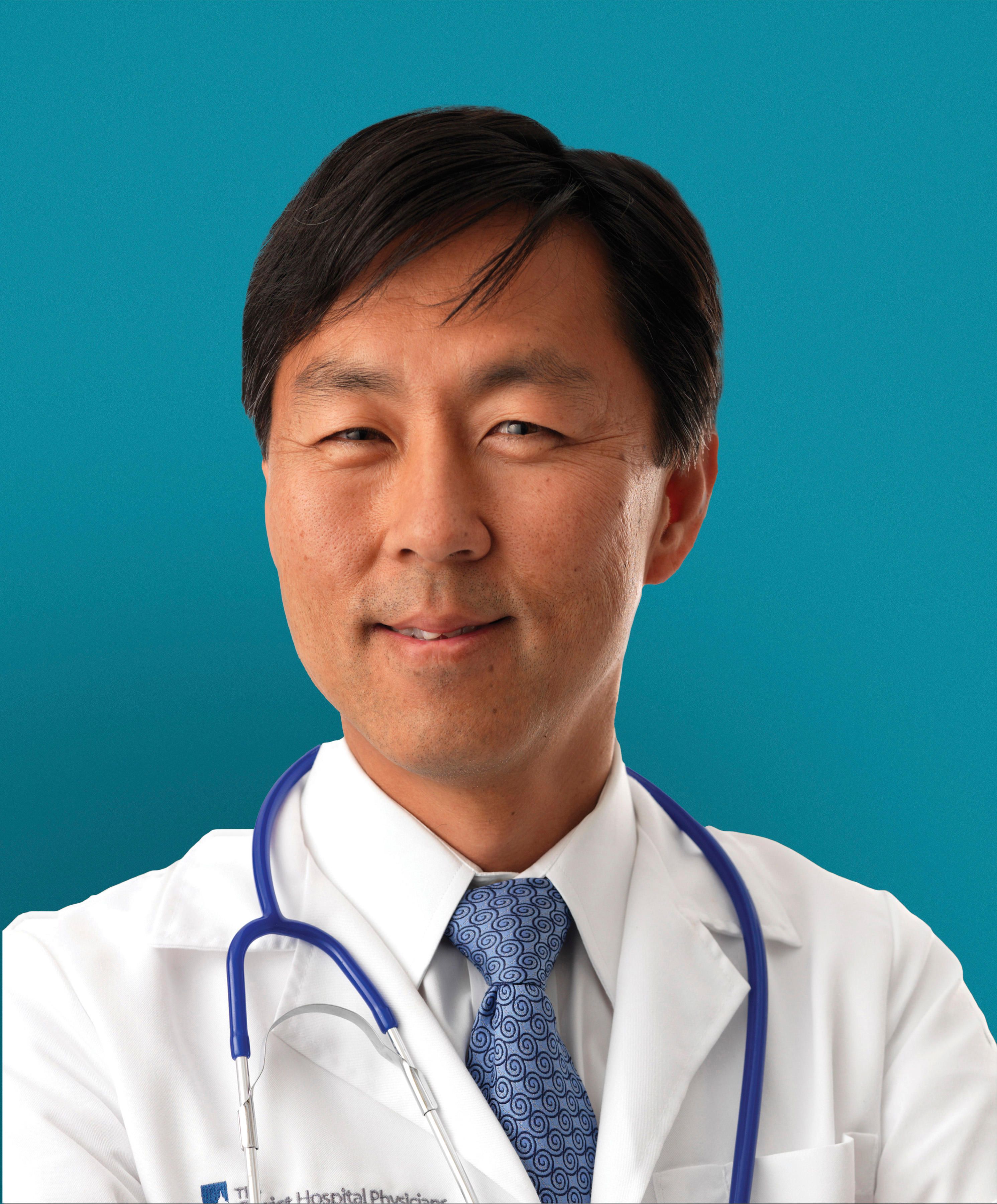About Me
Eugene Chung, MD, is an invasive cardiologist and a nationally recognized heart failure specialist.
Dr. Chung was born in South Korea and came to the United States when he was 11 years old. After his family settled in the New England area, he was educated at Philips Academy in Andover, Massachusetts, after which he attended Yale University for his undergraduate degree. He graduated from medical school at the University of Massachusetts subsequently completing an internal medicine residency at Mt. Sinai Medical Center in New York and University of Massachusetts Medical Center. He then remained at University of Massachusetts for his fellowship in cardiovascular diseases, followed by additional training in transplantation at Columbia University.
As a specialist in advanced heart failure and mechanical support, Dr. Chung is excited about the future of the arena and technologies that are being made. As a clinical researcher, most of his own research revolves around strategies and methods to improve patient care. This spans new technologies, new ways of delivering healthcare, and improving protocols that are implemented in hospitals. Information technology and outcomes research are also areas of interest for Dr. Chung.
Dr. Chung and his wife, Kim Miller, an internal medicine physician at McGrath Health Center of Xavier University, met in medical school. They have two children.
Gender
Male
Languages
English
Credentials
Education
Medical Education
1990: University of Massachusetts
Internship
1992: Mt. Sinai School of Medicine (Miami, FL)
Residency
1993: University of Massachusetts Hospital (Worcester, MA)
Fellowship
1996: University of Massachusetts Hospital (Worcester, MA)
Care Philosophy

The concept of treating heart failure has evolved dramatically since the 1990s. Heart failure used to be a death sentence; worse than most cancers, but now we have many tools to take care of such patients. These days, I now look at heart failure a little bit like diabetes. It's a chronic disease you can treat—never cure, but treat effectively—and people can have long, fruitful lives.
Eugene S. Chung, MD
Cardiovascular Disease
Locations
-
 Medical Group Practice
Medical Group PracticeKettering Health Medical Group Advanced Heart Failure
Kettering Health Main Campus
3737 Southern Blvd, Level D
Suite 3000 B
Kettering, OH 45429 -
The Christ Hospital Medical Office Building
2123 Auburn Avenue
Suite 138
Cincinnati, OH 45219
Reviews
Patient Satisfaction Ratings and Comments
All patient satisfaction ratings are submitted by actual patients and are verified by a leading independent patient satisfaction company, National Research Corporation. The comments are not endorsed by and do not necessarily reflect the views of Kettering Health Medical Group. Learn about our survey.

